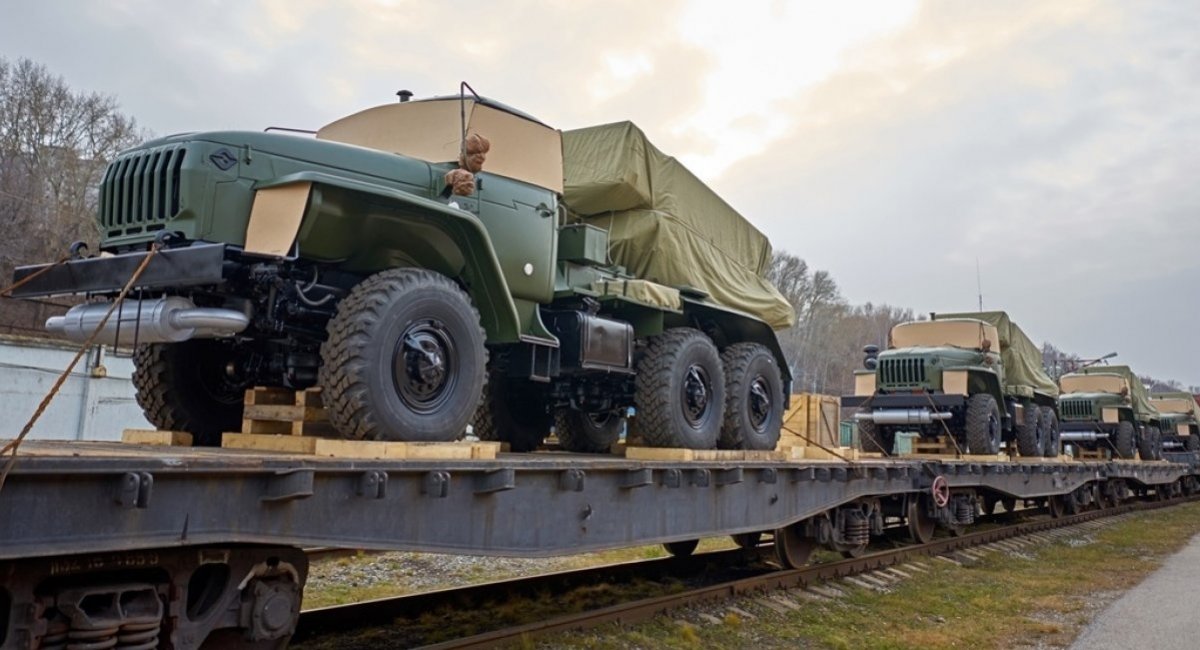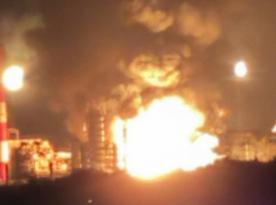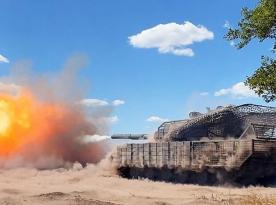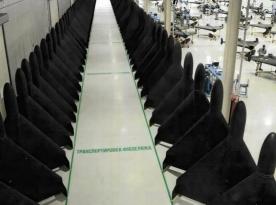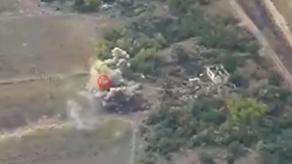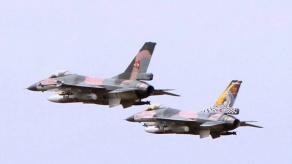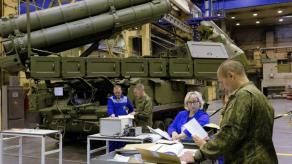The top prosecution office of russia is managing the bankruptcy case of the PJSC Motovilikhinskiye Zavody, the only industrial enterprise producing BM-21 Grad, BM-30 Smerch multiple launch rocket systems, as well as Tornado-S and Tornado-G guided rocket launchers.
Here's the context. Motovilikhinskiye Zavody is a private company, owned by four people: Marat Zagidullov and Rafael Gimalov as main shareholders, plus Yuriy Medvedyuk and Ruslan Valitov each having 10% of the shares. According to the russian media covering the controversy, these four investors have been pledging the property and equipment of the factory to secure loans and never planned to return the money, steering the enterprise toward bankruptcy.
Read more: New Motiv-3M Self-Guiding Cluster Munitions Used in Avdiivka, Ukraine: Weapon Capabilities and More
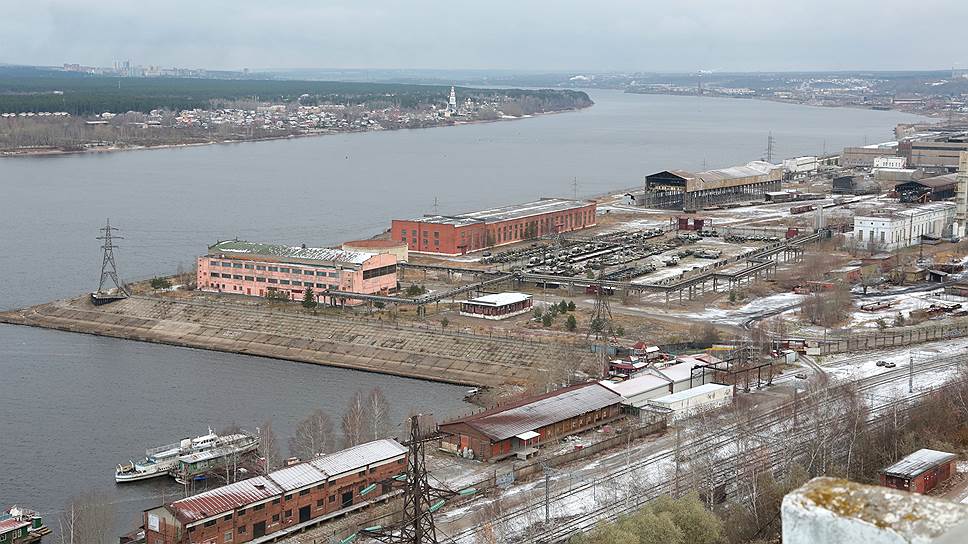
The russian government recognized Motovilikhinskiye Zavody as bankrupt back in 2018 but an interesting fact is, the procedure of selling off the property for the sake of returning the loans has not started since then. The only progress was selling the plant's house of culture in 2023, although with a discount.
Consequently, it means that despite being de-jure bankrupt, it only affected the company's financial wealth; at the same time, the production capacity was preserved. This paradox was defined by the following conclusion written down in documents: "The enterprise was recognized financially insolvent" in translation from russian by Defense Express.
Then in the same 2023, the Public Prosecution Service of russia intervened in the case because it concerned an enterprise strategically important for the russian defense industry and military capability, although formally privately owned.
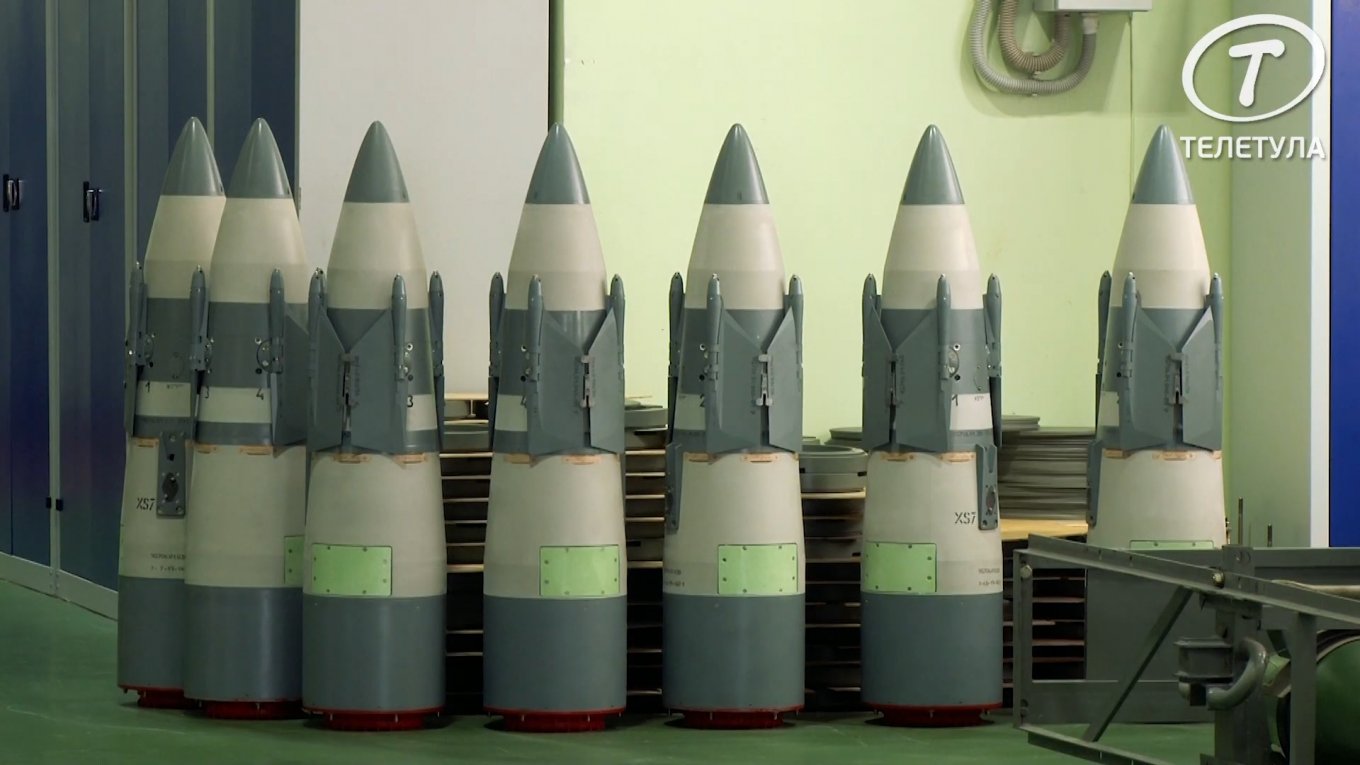
Therefore, the russian military proposed a solution: the recognition of Motovilikhinskiye Zavody as bankrupt is backtracked and called off, and the shareholders return 2.7 billion rubles (over $30 million) back to the russian government, of which 1.7 billion is the compensation for the advance fee fraud to the Ministry of Defense of russia plus tax debts, and the other 1 billion rubles is the interest for using the financial resources.
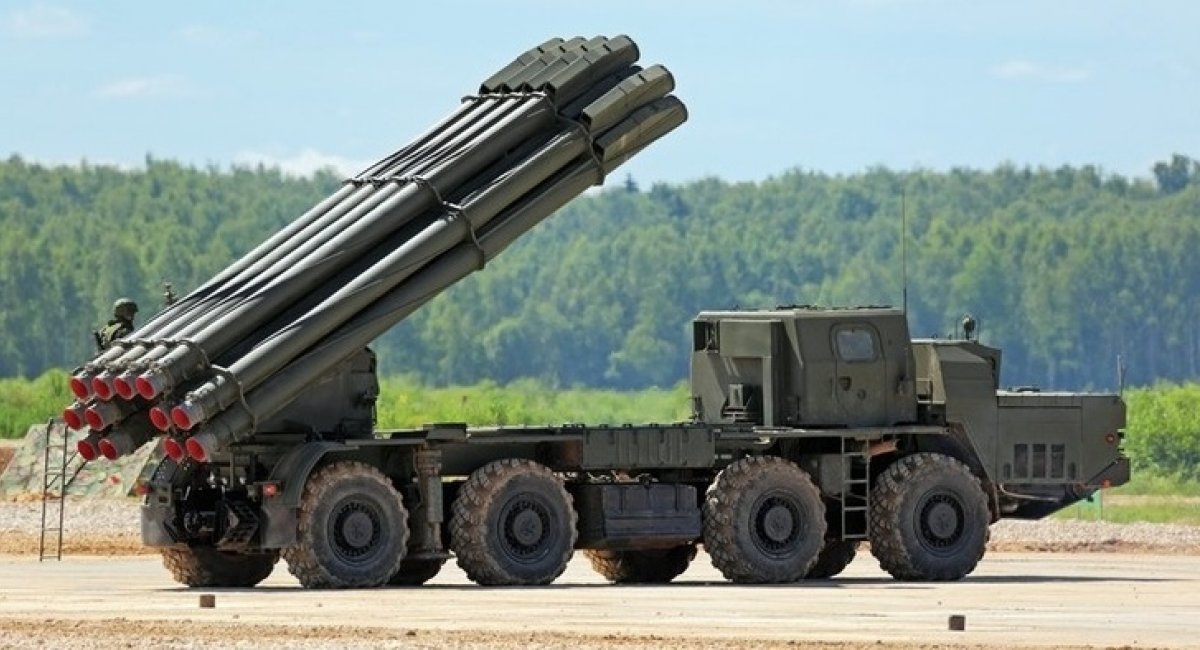
However, some peculiar nuances arise from all mentioned above. Even though the enterprise went broke in 2018 on paper, it still continued to produce Tornado rocket systems for the russian army. It actually indicates that the russian defense industry is quite persistent in the face of both external and internal challenges, despite its production reaching the technological ceiling.
The International Institute for Strategic Studies estimates in its Military Balance 2023 guidebook that as of a year ago, russia had at least 160 Tornado-G and 20 Tornado-S guided rocket systems.
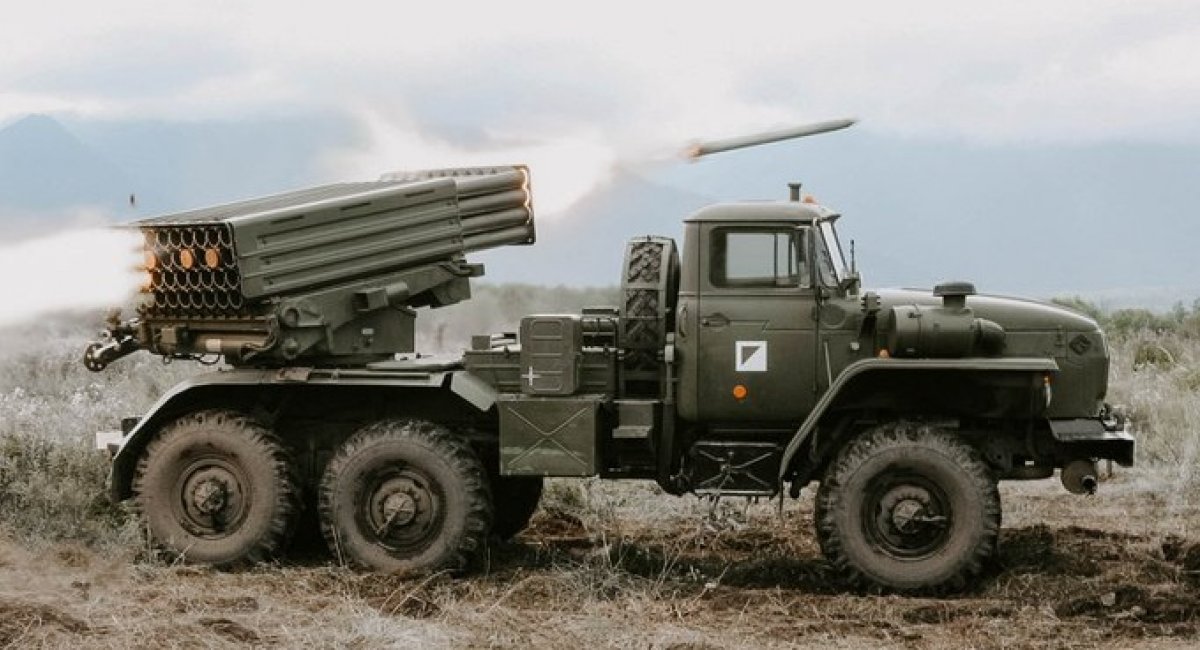
Read more: russians Regret Demolishing Artillery Repair Plant for a Shopping Mall and Try to Build a New One




